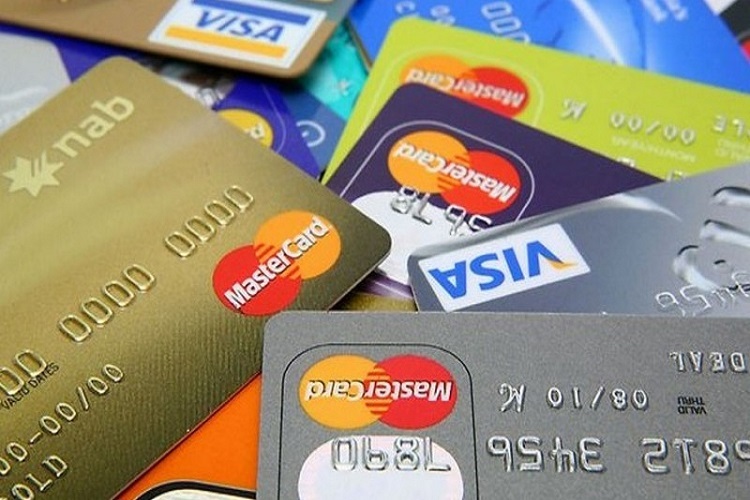Entrepreneurship is an appealing venture that means several choices, and one of these is selecting the most appropriate bank account for the new organization. The decision may affect your budgets, your cash, and how your business operations are conducted. Here they are, and it will assist you in making a wise decision.
Table of Contents
1. Understand Your Business Needs
Based on the startup requirements, evaluate when choosing a suitable bank account. A few areas that should be looked at are the volume of transactions that the business is carrying out, the need of online banking for the business and the need of business loans or credit. Companies that are still startups usually need a lot of flexibility in what they do and therefore, the account they select should be capable of growing with the business.
2. Compare Fees and Charges
Again, the costs of banking are clear; they apply even to a new business and can pile up. Find those accounts with little or no monthly charges, reasonable transaction costs and best interest rates possible. Some banks even provide some free services to the startups and this is good especially when one is establishing their business.
3. Evaluate Customer Support
This means that customer support or care is very important for any startup. Always make sure to select a bank that will provide business assistance such as a business relationship manager or a business customer service. This ensures that should there be any issues, you are well equipped with the help you require.
4. Check for Online and Mobile Banking Options
Online and mobile banking are but the order of the day in the face of the burning of the cyber age. When selecting the bank account for your business, make sure it is equipped with a stable online environment that will allow you to perform such operations as mobile check deposits, transferring money within seconds, and others. This will save you time and ease your efforts of operating your finances. Contact us for more information on the best startup business bank account
5. Should Consider Integration with an Accounting Application
When you are doing your accounting, you rely on some software to manage your finances, and so it will be preferable to go for a bank that is compatible with your software. This can help in reducing costs by cutting on the time used in book-keeping and by avoiding many unnecessary mistakes which could be very costly to any business. Managing finances real-time is very crucial in the running of any business.
6. Review Additional Services
Apart from the basic checking account, there are other services that some banks provide for their business clients such as merchant accounts, payroll services and business credit cards. Assess these options to determine whether they fit your startup’s requirements and can offer the value that will help to complement existing solutions.
7. Try to Find Flexibility of Terms
The cash flow in most startups can be challenging to predict, which means that there is a need to select a merchant account that is flexible. Some of the points that one might think to look for maybe features such as overdraft protection, flexible payment options and multiple linked accounts. It can give an insurance cover during lean years with poor returns on investment.
8. Consider the Bank’s Reputation
Last but not the least there is the reputation of the bank. Otherwise look for online reviews, the financial standing of the bank, and the experience the bank has had with other start-up companies. The right bank, the one with a good experience in sponsoring small enterprises, can become a good asset for any start up.
Selecting the appropriate bank account is a fundamental aspect to get your start up on the right footing. When thinking about what your business needs, comparing the fees you’ll be charged, and reviewing the added services, you can determine which bank account is going to be the best one for you now and in the future.









